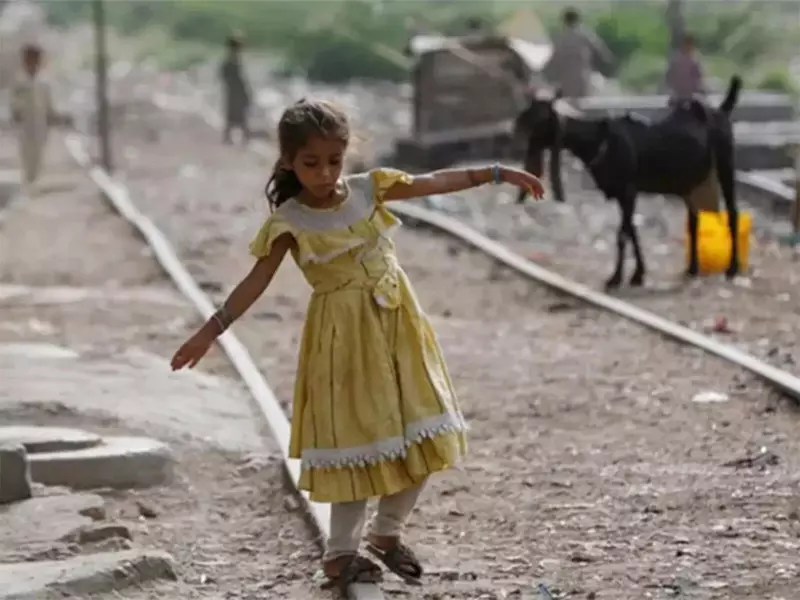
In a startling revelation that underscores Pakistan's deepening economic turmoil, the World Bank has reported that the country's poverty rate has climbed to a worrying 25%. This means approximately one in four Pakistanis is now living below the poverty line, painting a grim picture of the nation's economic health.
The Alarming Numbers Behind the Crisis
The latest assessment from the World Bank indicates that an additional 12.5 million people have been pushed into poverty in recent years. This dramatic increase represents a significant setback for Pakistan's development goals and highlights the severe impact of economic instability on ordinary citizens.
"The poverty rate in Pakistan has reached 25%, with approximately 12.5 million more people falling below the poverty line," the World Bank stated in its recent assessment. The report points to multiple factors contributing to this economic deterioration.
What's Driving Pakistan's Economic Downward Spiral?
The World Bank identifies several key factors behind this economic crisis:
- Soaring inflation that has eroded purchasing power
- Limited wage growth failing to keep pace with rising costs
- Urban-centric economic policies neglecting rural populations
- Inadequate social protection systems for vulnerable groups
- External economic shocks and domestic policy challenges
Urban-Rural Divide Widens
The report highlights a growing economic disparity between urban and rural areas. While urban centers have seen some economic activity, rural populations are bearing the brunt of this crisis. The lack of inclusive growth policies has left millions in agricultural communities struggling to make ends meet.
"The limited wage growth in rural areas and the urban-centric nature of economic growth have exacerbated poverty," the World Bank analysis notes, emphasizing the need for more balanced regional development strategies.
What Does This Mean for Pakistan's Future?
This 25% poverty rate represents more than just statistics - it reflects real human suffering and economic distress affecting millions of families. The World Bank's findings serve as a crucial wake-up call for policymakers and international stakeholders.
The report suggests that without immediate and comprehensive economic reforms, Pakistan's poverty situation could deteriorate further. The country faces the dual challenge of addressing immediate humanitarian needs while implementing long-term structural changes to revive its economy.
As Pakistan grapples with this economic setback, the World Bank data underscores the urgent need for targeted interventions to protect the most vulnerable and stimulate sustainable economic recovery.





